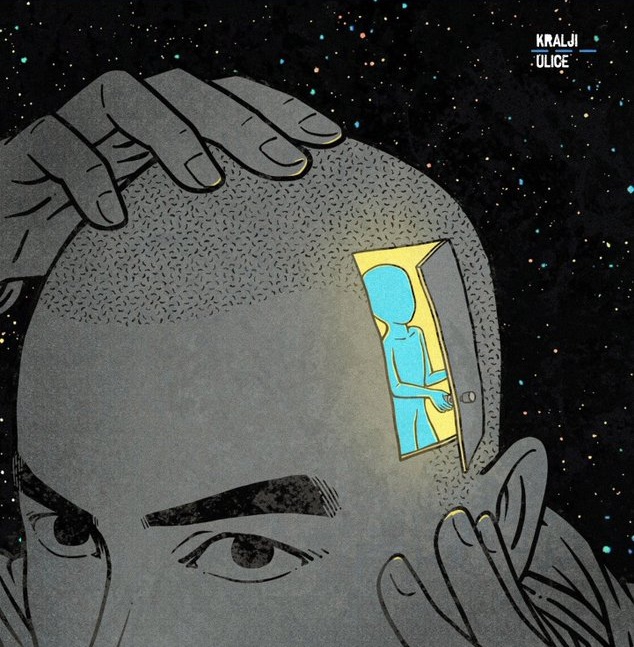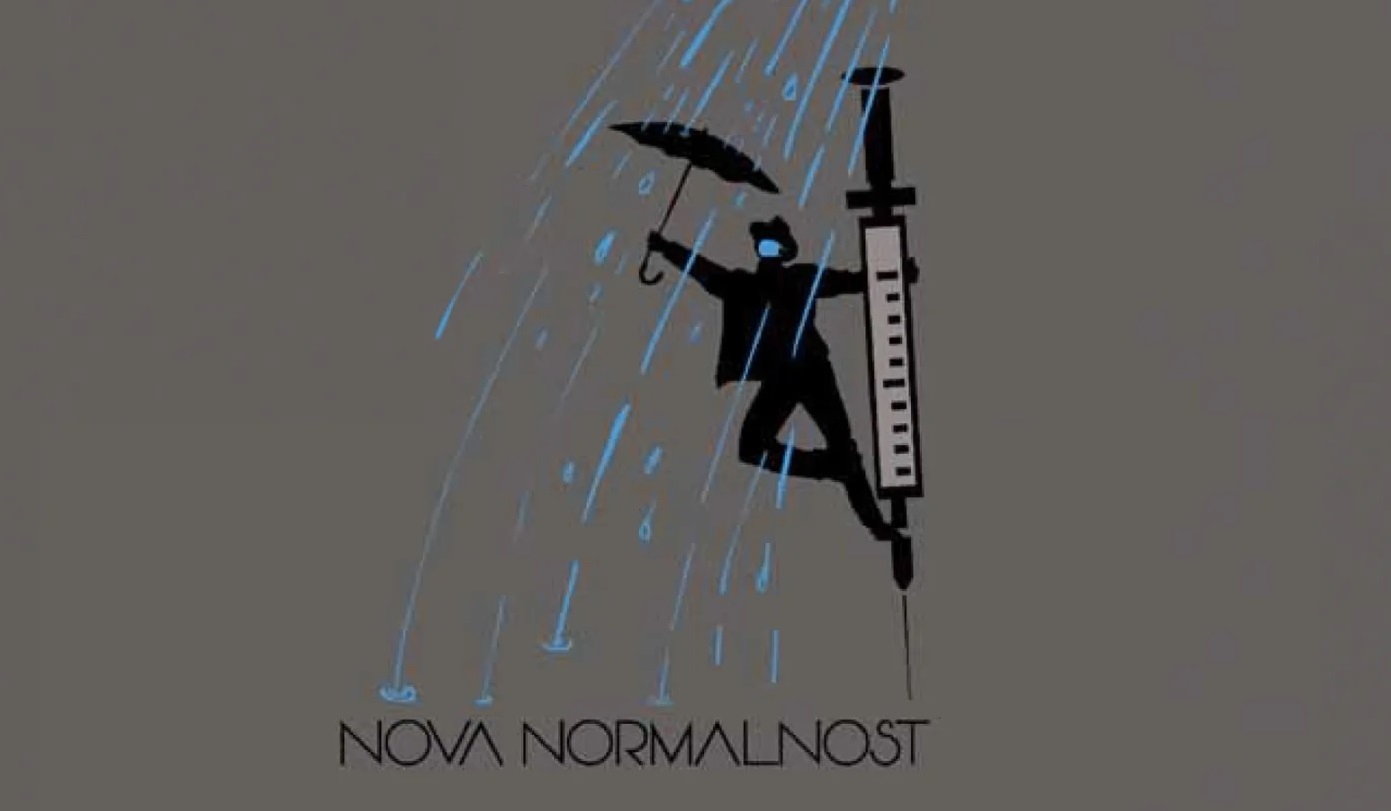On Homelessness Day, 10 October 2022, the Kralji ulice association and the City Municipality of Ljubljana unveiled a commemorative plaque to the homeless Anton Puglje – Tonček, who died in 2020.
In Slovenia, there is still no definition of homelessness, and the number of homeless people is rising steeply. The president of Kralji Street Association, Hana Košan, thinks that the definition of homelessness should be based on the ethos that makes homeless people those without a roof over their heads, those without housing or home and those who live in unfinished but unsuitable conditions.
She stressed that the levels of poverty, social exclusion and oppression are deepening, the number of homeless people is increasing steeply, so it is high time for the state to adopt a strategy in the field of homelessness, to focus on building shelters and accessible public housing. “Homelessness cannot be a question of social or health policy only, but also of housing policy,” she said. Košan warned that everyone first needs a roof over their head, so that they can arrange their lives easily.

Ljubljana Deputy Mayor Dejan Crnek, on behalf of Mayor Zoran Janković, thanked the Kralji ulice for the initiative to put up the memorial plaque. He added that the municipality is aware of the problems pointed out by the president of the society, and that they perceive the homeless as their citizens, “for whom we must take care of as much as we can.”
He announced that the construction of a new center for the homeless on Poljanska cesta will begin at the end of next summer. It will have space for those who deal with homelessness on a daily basis, and for those who would need space for long-term progress. According to Crneko’s speeches, the municipality is aware that the capital is a place for the homeless, where they can easily earn a little more for their living, and it will remain so. At the same time, he wishes that the municipality’s cooperation with the homeless would continue to be fruitful, and the municipality will expand the resources it allocates to this issue.








 Drug testing, performed by Association Drogart, is open, but in smaller scale as before and with more safety measures.
Drug testing, performed by Association Drogart, is open, but in smaller scale as before and with more safety measures.